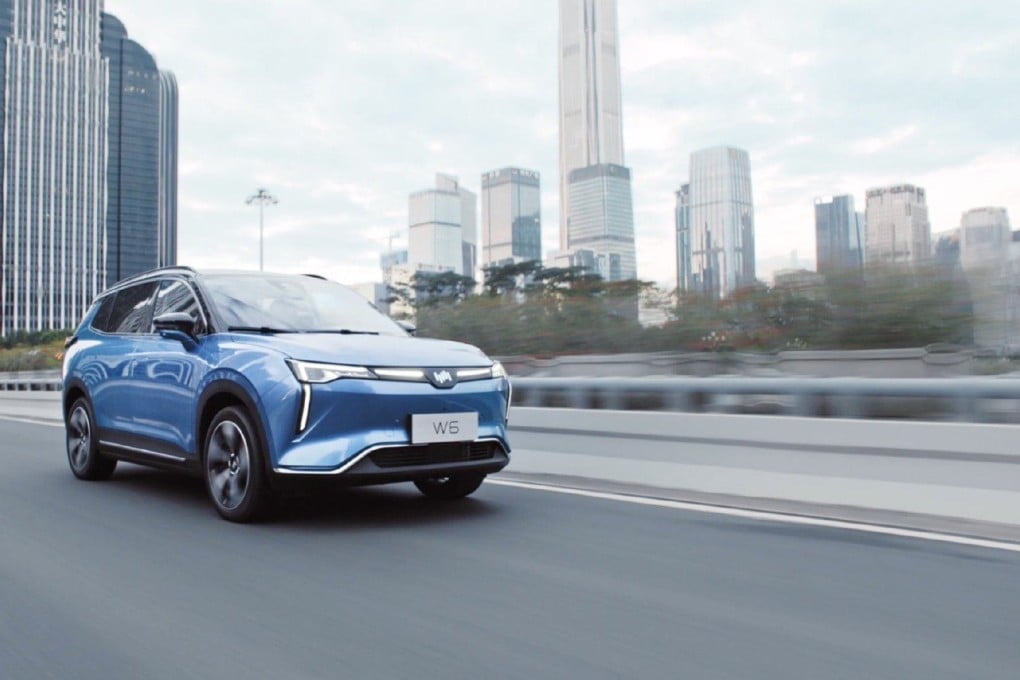Advertisement
Chinese EV start-up WM Motor reportedly cuts employees’ pay by up to 50 per cent as it grapples with weak sales
- The electric car start-up, which is looking to launch an IPO in Hong Kong, trails big domestic rivals in terms of sales
- It is struggling financially, according to two executives at its supply-chain vendors
Reading Time:2 minutes
Why you can trust SCMP
2

Daniel Renin Shanghai
WM Motor, a Chinese electric car start-up looking to float initial public offering (IPO) shares on the Hong Kong stock exchange, has reportedly cut staff salaries by up to 50 per cent as weak sales and widening losses exacerbated its financial woes.
The Shanghai-based carmaker, which has an annual production capacity of 250,000 units, slashed senior managers’ wages by half and reduced the salaries of other employees by 30 per cent this month, according to financial media outlet Jiemian. The Shanghai-based business news specialist cited anonymous sources within the company.
WM did not respond to the Post’s queries about the pay cuts.
Advertisement
Two executives with WM’s supply-chain vendors said the company was grappling with financial problems and struggling to sustain its operations because of lacklustre sales in the highly competitive market.
In 2021, it lost 1.95 billion yuan (US$270 million), 68 per cent more than a year earlier.
Advertisement
In the first eight months of this year, the company sold 25,158 vehicles in China, a long way shy of its major home-grown peers.
Advertisement
Select Voice
Select Speed
1.00x